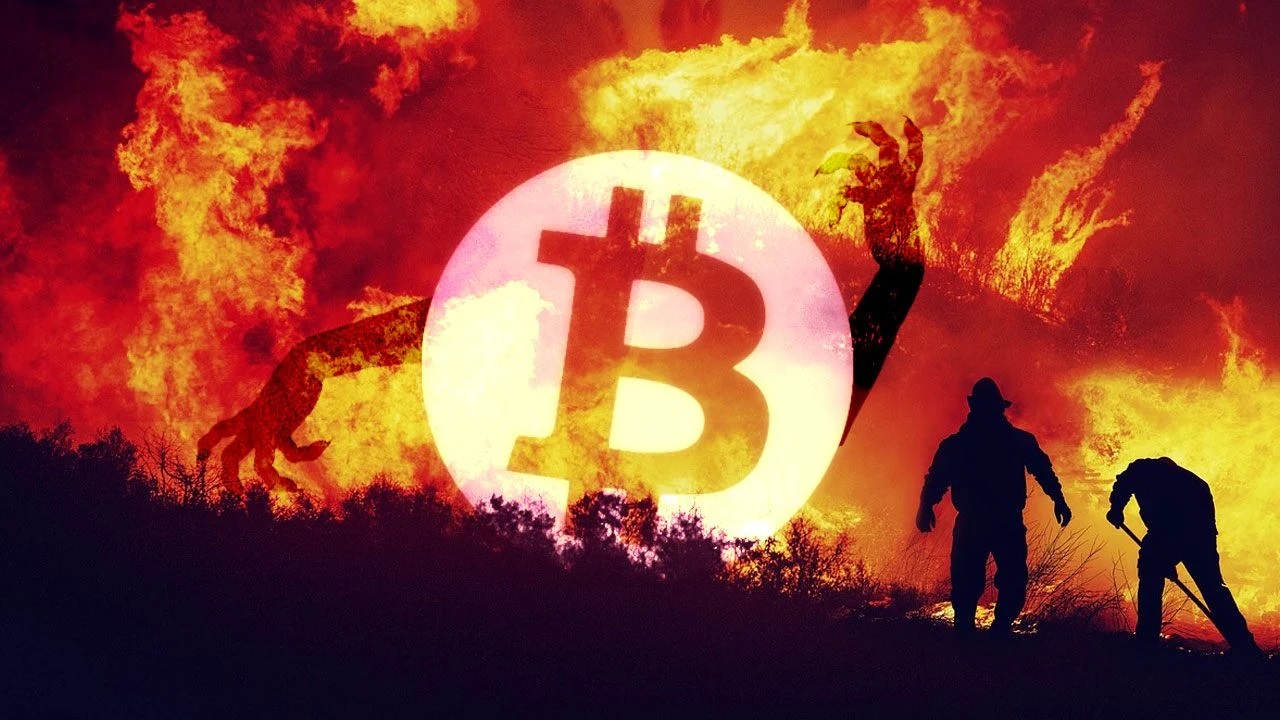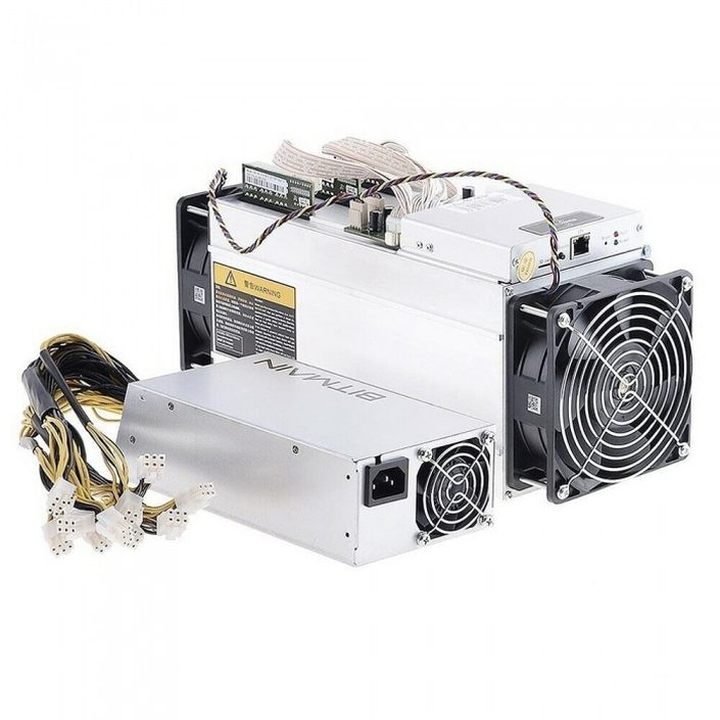Cryptocurrencies, or the assault on rare earth metals. What's Cryptocurrency and How It Changes Our World?

- What's Cryptocurrency and How It Changes Our World?
- How much electricity do cryptocurrencies consume?
- Are cryptocurrencies threatening the power grid?
- Cryptocurrencies, or the assault on rare earth metals
- Cryptocurrencies – bad, good or ugly?
Cryptocurrencies, or the assault on rare earth metals
Cryptocurrencies require powerful components to mine them. While there are special devices designed exclusively for this purpose, graphics cards are much more readily available (and therefore more popular). Miners entered the market without any constrains, competing with scalpers for new graphics card models, putting individual gamers at a complete disadvantage.

The emergence of the cryptocurrency market has generated a significant increase in demand for graphics cards, which manufacturers have so far been unable to meet. The world is literally flooded with electronic equipment, which raises two important questions. Where to get the raw materials needed to produce them? What to do about the growing heaps of e-waste?
Rare earth metals are also needed to make electronic equipment, including graphics cards. These are extremely valuable elements that are very unevenly distributed around the world. From the perspective of the global West, the situation looks rather poor – over 70% of production, and the vast majority of deposits are located in China. In addition to the geopolitical threat, it is also an environmental problem. As Cristina Pozo-Gonzalo of Deakin University points out, rare earth mining involves the degradation of vast areas of land, as well as the release of radioactive thorium and uranium into the environment, which accompany the sought-after raw materials.
RARE EARTH METALS?
Rare earth metals are 17 elements: scandiums (scandium and yttrium) and lanthanides (lanthanum, cerium, praseodymium, neodymium, promethium, samarium, europium, gadolinium, terbium, dysprosium, holmium, erbium, thulium, ytterbium and lutetium). Outside of cerium and yttrium, they are extremely rare, and in extreme cases there may be only a few hundred grams of them on the entire planet.
Neodymium is arguably one of the most well-known rare earth metals, thanks to its popular magnets. However, our gaming rigs use many more. For example, europium is used in LCD screens, and ytterbium is used in fiber optics. Lanthanum, cerium, samarium, terbium and dysprosium are also frequently used in electronics.
One sure solution is to recycle used electronic equipment. On the one hand, it offers a chance to become more independent from China, but on the other, it generates further problems. Pozo-Gonzalo points out that common recycling methods are either extremely energy-intensive and require operating at temperatures above 1,000 degrees Celsius (1,800 F) – otherwise, they produce caustic sodium hydroxide and sulfuric acid. Nevertheless, with the increasing use of electronics in almost all areas of our lives, from gaming consoles to cars to fridges, recycling remains the only hope for not running out of necessary raw materials at some point in the future.
The availability of rare earth elements is primarily a long-term problem. However, we are already experiencing the effects of a shortage of another resource – water. We've already mentioned the issue of the huge demand for water by conventional power plants, but it's worth revisiting the problem in the context of electronics manufacturing as well. Factories also require huge amounts of water, and the increasingly warm climate is causing water availability to dwindle in some areas to levels that prevent factories from operating at full capacity. We live in a time where a drought in Taiwan could determine what we play, or rather don't play on PC – because we can't buy a new graphics card.
